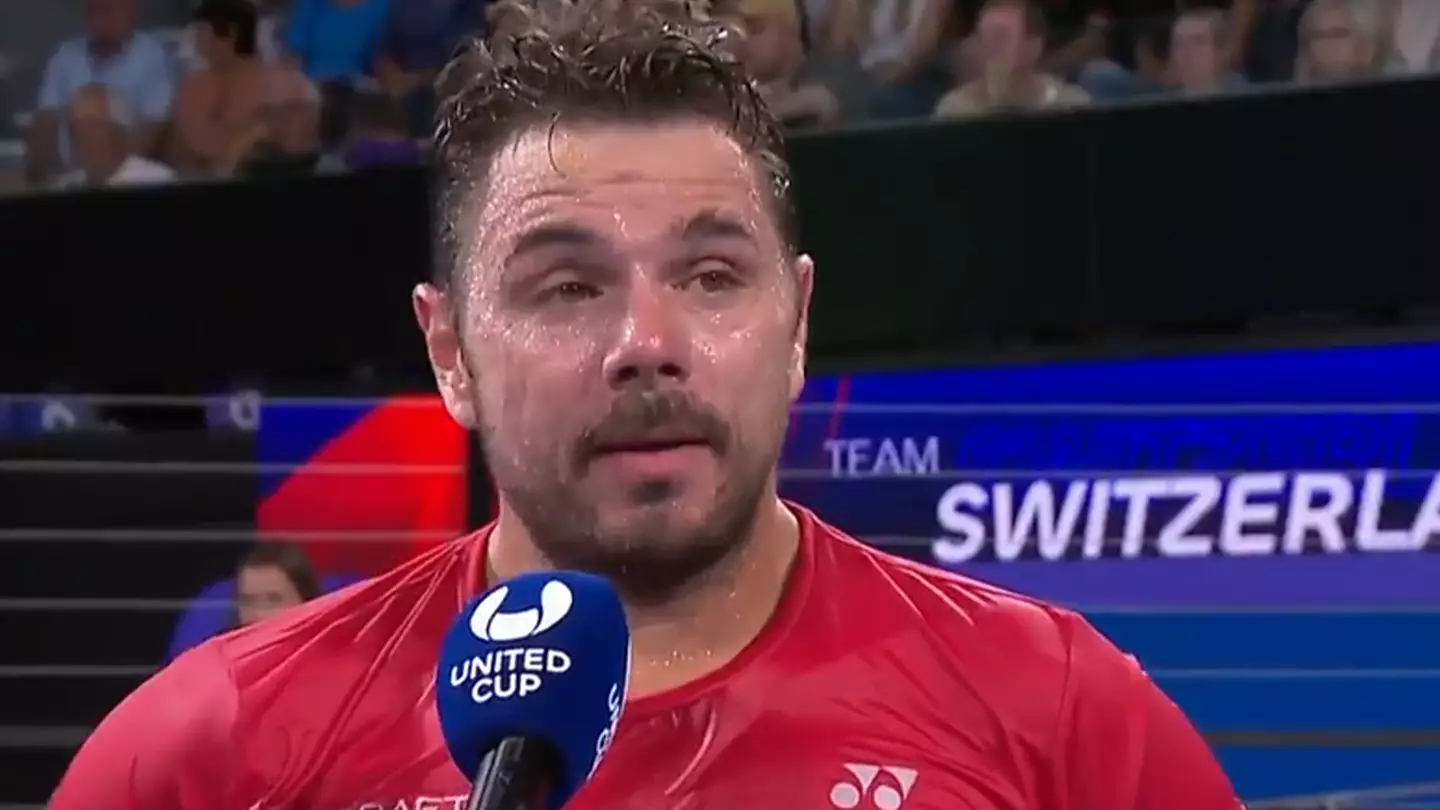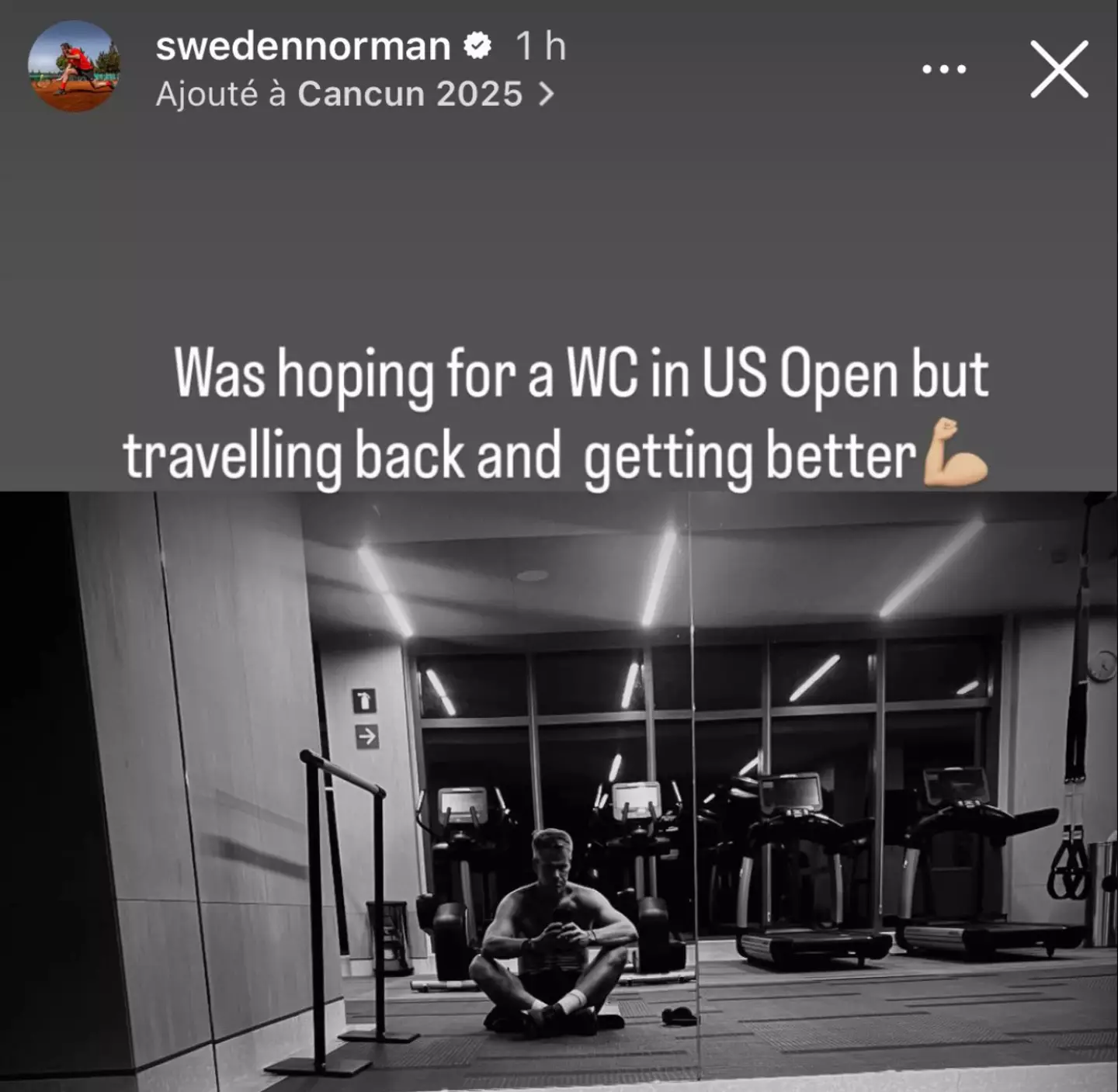
Tennis veteran Stan Wawrinka has already made his feelings clear on Jannik Sinner's doping ban ahead of the 2025 US Open.
Sinner enters the tournament in New York City looking to defend the title he won in 2024.
The Italian will face Vit Kopriva of Czechia in round one.
Wawrinka, meanwhile, will play no part in this year's US Open after he was not included on the list of wildcard entries.
Advert
The three-time Grand Slam champion, who won the US Open in 2016, has not progressed past the third round of a major event since the 2020 Australian Open.
Wawrinka will therefore watch on as the likes of Sinner, Carlos Alcaraz and Novak Djokovic compete for men's singles glory.

Sinner, who is ranked at world number one, served a three-month ban in February this year after twice testing positive for the banned substance clostebol in March 2024.
There was significant fallout surrounding the length of the ban, though an independent hearing found that Sinner bore 'no fault or negligence' surrounding the positive tests.
He successfully argued that he was contaminated by a healing spray that had been bought by a member of his physiotherapy team and used on his back, feet and to treat a cut on his hand.
And WADA general counsel Ross Wenzel told BBC Sport that scientific feedback proved that the Italian had not cheated and that his case was a 'million miles away from doping'.
In an interview with Italian TV station RA in April, Sinner described how he thought about walking away from tennis entirely when he returned from his ban.
Wawrinka on Sinner ban
Numerous players have had their say on the situation, with Wawrinka perhaps having the strongest view of them all.
"The way the Sinner case was handled, and the communication, was wrong," he told Eurosport France in April.
"The fact that nothing was known from the beginning took away the credibility of what was happening. We've seen it in cases in recent years. Some have been suspended for two years because they forgot to communicate an exact address.
"This thing was handled in a way that, in my opinion, is bad for tennis, that's all. Because in the end, you have to ask yourself what the battle is that you're trying to win.
"Are you really looking for positive players, or does it ultimately come down to having a good lawyer who gets you out of it in the best possible way?"